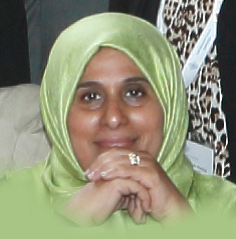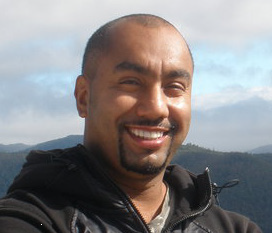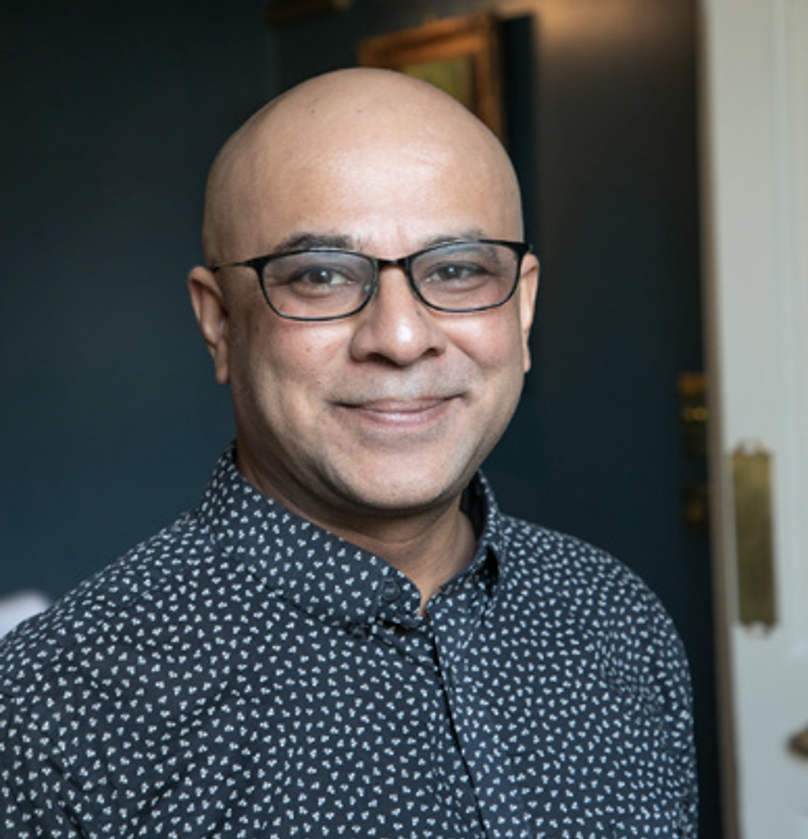This workshop brings together different elements of policy and curriculum, teachers and teacher identity, students and student identity, and social conditions that affect learning and teaching in the 21st century in GCC states in an effort to explore the resulting learning outcomes operating on a macro and micro-level in education in the GCC. In order to fully explore these elements, and in order to explore the possible ‘clashes’ (Huntington 1996; Gee 1999) and challenges within these elements at school and university levels in the Gulf, it is imperative to investigate the interplay between Western and Islamic discourses and how this interplay impacts the learning environment, learners and teachers. Consequently, we wish to examine the discourses employed in policy documents, curricula and textbooks/educational materials within the GCC educational context. Education shifted globally in policy and curriculum in the 21st century especially after 9/11 in ways that are sometimes labeled as ‘neoliberal terror’ (e.g., Giroux 2004, 2008; Lipman 2004). However, most studies do not deeply investigate the Gulf context. Similarly, some international research has explored the role of cultural and geopolitical factors in shaping educational policies in the era of globalization of the 21st century 2 (Byram & Risager, 1999; Önlan, 2005; Risager, 2006; Pennycook, 2007), but most works do not have a Gulf focus (e.g., Clarke, 2007; Karmani, 2005a, 2005b, 2005c; Elyas, 2008a, 2008b). There are also some studies that have explored the theoretical reference of the global cultural flow (Hannerz, 2009; Appadurai, 2010) with a similar lack. Therefore, the frame of reference in the Gulf countries is not well examined. We hope to prompt the examination of applied and theoretical frames of references operating in the GCC and to probe the relevant aspects of scale and proportion, grounding and reference regarding education.
3 DAYS / 12 Workshops
MORE THAN 300 ACADEMIC PAPERS
One important factor of education in the Gulf is the use of English as the lingual medium
of education. Some theorists such as Ratnawati (2005) suggest that conflicting discourses
affect and even hinder the teaching of English in Arabic and Islamic countries. On the
contrary, others like Abuhamdia (1988) and Dahbi (2004) argue that Arabic “is not
weakened by the domination of English and French media for science and development”
(Abuhamdia, p.34) because Arabic is the language of the Quran which influences the
“political policy, [and] practically ensures the primacy of Arabic language in Muslim
societies” (Dahbi, p. 630). However, post 9/11 educational reforms have resulted in more
English being taught within the GCC states and an increased influence of the Western
curriculum in general. The GCC countries face the dilemma of responding to the pressure
on governments and educators to promote the message of GCC as the cradle of Islam,
and thus enact its fundamental Islamic identity through the promotion of Arabic language
and culture, and responding to political as well as economic pressures to increase the use
of English and teach Western culture in the GCC curricula. We wish to examine such
statements as well as the role of cultural and geopolitical factors in shaping educational
EFL policies in the GCC.
The influx of English in education is not only in response to political pressure. Other
cultural influences such as access to information via the Internet result in the adoption of
English as a medium of communication among techno-savvy students. This changes the
ways in which students access and use language and also challenges teachers in how to
appropriately engage with such students. We would like to explore how students
incorporate, disregard or impose their native linguistic and cultural print (that is a
complex result of their up-to-date networks). For example, do learners use non-Arabic
tools and cultural norms as a result of the enforcement of English language as the vehicle
of education? Does their education get hindered or enabled by the use of English as a
learning medium? In an environment that wavers between Arabic and generally western,
particularly American and English cultures, yet is not either, what kind of a linguaculture do educators and learners create? Do they consequently become what one can call
third citizens of the globe? What are the multitudes of language-related meaning
potentials and social identities and local lingua-culture-scapes such conditions create?
There is also a common lack of distinction between different Gulf regions that usually
blurs the focus and projection of investigations in the region. We hope to generate a
better understanding of the specificity of each region by encouraging presentations that
3
highlight the distinct identities of the Gulf States and regions within each state. This will
eventually result in designing well-targeted educational programs. Awareness and further
research on the issues discussed above can greatly enhance the future possibilities of
GCC countries.
Invoking the opposition between movement and stasis in modern life, Dennis Carlson, in
his book “Leaving Safe Harbors” recommends the move out of the “safe harbors” of
settled educational practices and philosophies in order to better address the challenges
posed to schooling by the dynamics associated with globalization and multiplicity
(McCarthy et al, 2009). We aim to do this in this workshop by examining common
educational practices and understanding their strengths and limitations in order to arrive
at a better situation that addresses today’s needs and challenges.
This workshop will focus on education in the GCC states in the 21st century. It is based
on the assumption that education must support students in realizing their fullest potential
and not draw them backwards. Thus, plans need to be focused and clarified to be
effective and they need to incorporate as many variables of education as possible.
Currently, there is limited objective research that explores the diverse aspects of
education in GCC states from a critical perspective. We hope that by probing into issues
that investigate the verbalized as well as the silenced aspects of education in the GCC, we
will open focused debates on the issues that can shape the GCC in the coming years.
We also aim to generate new ideas and revisit older ones in order to assess their current
viability. We hope to generate active debates that investigate and eventually exchange
and modify ideas regarding 21st century education by exploring the historical conditions
that influence education in the GCC. The workshop will explore the issues of reference,
educational discourses at play, focusing and targeting long, medium and short term goals,
technology and learning, meeting the specificity of different GCC states as well as issues
of unemployment that are a result of the current educational policies.
We would also like to investigate the diverse range of practices, materials and policies in
ESL classrooms in the GCC, as well as the challenges of enforcing English as a medium
of learning and the impact of this on education in the GCC. Furthermore, the workshop
aims to examine education policy documents, curricula, and textbooks from the
perspective of cultural flow in the GCC to examine if and how they have changed in the
21st century. We also hope to explore the challenges that meet educators and learners due
to the infiltrating power of the Internet and smart phones, which provide new channels
and ways of learning and new social networking opportunities.
The concept(s) the workshop proposes to explore would encourage and facilitate the
emergence of new thought and would generate incisive papers and presentations that
discuss different aspects of our current condition in the GCC. We hope that the research
conducted for the purpose will make a significant contribution to understanding the Gulf
region and its current developments.


